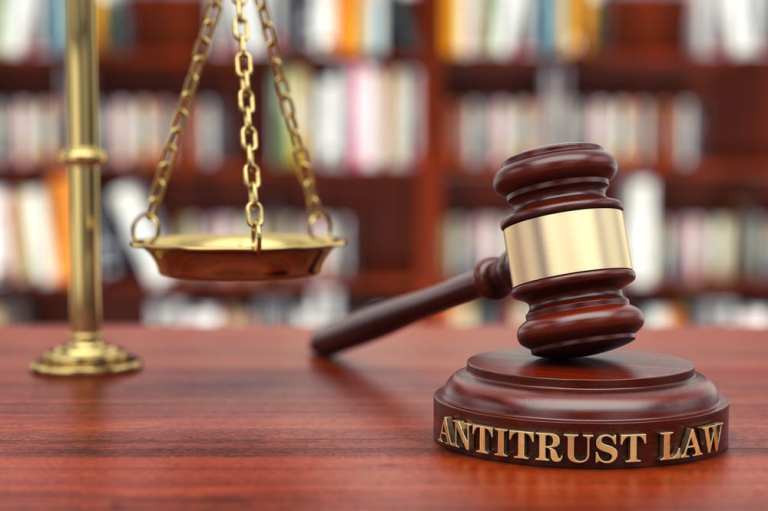Why Big Tech’s Regulatory Reshaping Is Not So Cut And Dried

Might it be the end of an era – where the drum beats are growing louder and the song will remain anything but the same?
We’re not talking about iTunes and its shuttering, though Apple figures heavily in the discussion.
So do Facebook, Google, Amazon – you name the tech giant, and they’re in the crosshairs.
With a single tweet from House Speaker Nancy Pelosi, Democrat from California, the tech behemoths spanning and shaping commerce and social media (and sometimes both) were put on notice:
“The era of self-regulation is over.” Or to expand on that sentiment a bit more fully, as stated in her missive: “Today, everything is connected to the internet; it is the foundation on which our economy, democracy and attention rest,” Pelosi said. “Unwarranted, concentrated economic power in the hands of a few is dangerous to democracy – especially when digital platforms control content. The era of self-regulation is over.”
The tweet stands out, especially, because of Pelosi’s standing at the top of the lawmaker hierarchy, and because she is the representative of a district that includes San Francisco. California is, of course, synonymous with technology, with billionaires, with innovations that touch (and, at the same time, according to some critics, sully) daily life.
Pelosi’s tweet comes as the House Judiciary Committee said Monday it will launch a bipartisan investigation into those marquee names. The announcement shows congressional scrutiny in the offing – and, as The Wall Street Journal reports, the Justice Department (DOJ) and the Federal Trade Commission (FTC) have their own investigations into tech business practices in the wings. The scrutiny is a bit bifurcated, as the Justice Department will examine Google and Apple, while the FTC will look at Amazon and Facebook.
Beyond the divvying up of who is looking where, the common thread involves examining whether new antitrust laws may be needed in an era where platforms dominate globally, and where data privacy is increasingly under the microscope.
Today is only Tuesday (June 4), a day after the “official” investigatory news. Yes, stocks slid yesterday in tech land, and broadly, with some of those companies seeing their equity prices down by high single-digit percentages. The investigations are indeed nascent, and so there is no real roadmap as to what punishments (in terms of fines) or structural changes may be in the offing.
Though the U.S. efforts are just underway, consider that there are plenty of roadmaps to be gleaned from other countries. Earlier this year, Google was on the receiving end of a 1.5 billion euro fine from regulators across the pond, where the search giant has been accused of antitrust behavior.
In just some of the latest developments – a smattering, really – as tracked by PYMNTS and as part of a big tech regulatory tracker, the Australian Competition and Consumer Commission has stated through Chairman Rod Sims that new regulations and laws may be useful in preventing global tech giants from snapping up smaller and early-stage technology companies. A report from the committee is due in the next several weeks, according to reports.
Separately, Apple had a legal shot fired across its bow, where back in March, Spotify filed a competition complaint with regulators in Europe. The complaint centers on fees charged for competitors hawking products on Apple’s App Store.
We’re still a long way from any real action, if antitrust history is any indicator. As you may remember, the Microsoft antitrust case from the 1990s did not break up that firm. Elsewhere, the eventual 1984 creation of seven “baby Bells” came after an antitrust investigation into AT&T that lasted almost decade.
Call it a marathon and not a sprint for big tech’s evolution, but the starting gun most definitely seems to have gone off.